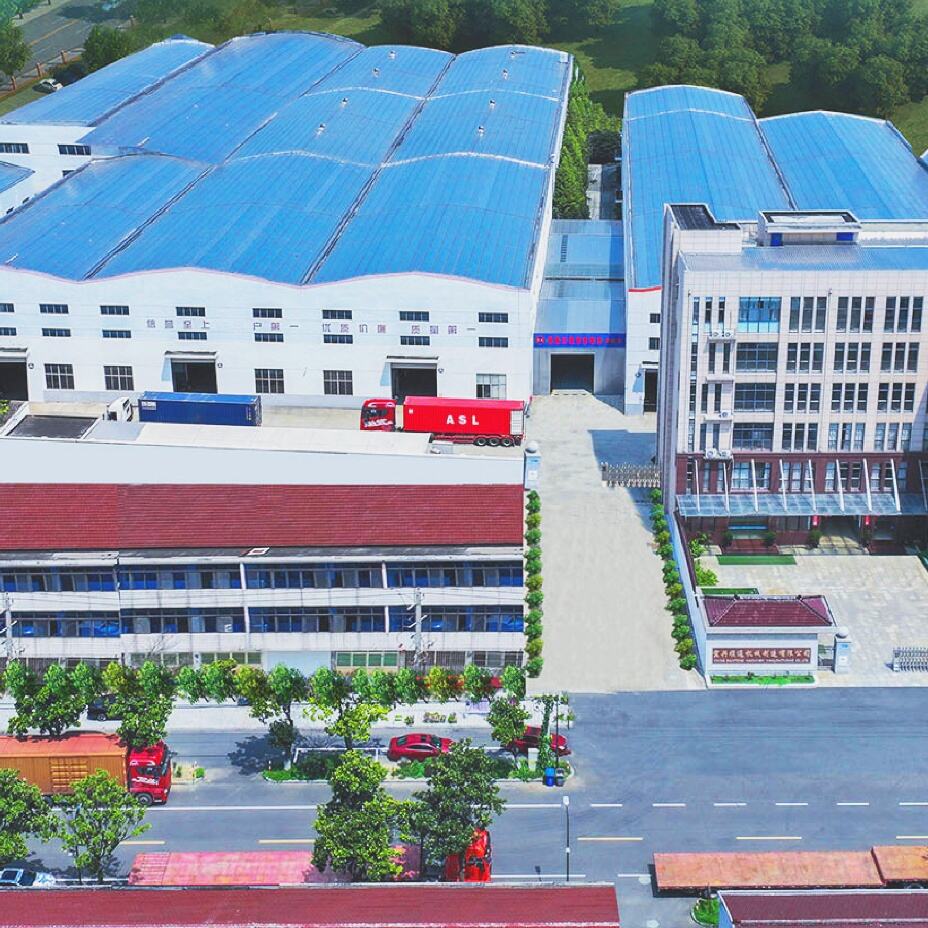The recreational fishing sector is a primary application area for fishing line extrusion machinery. Recreational anglers (freshwater for bass, trout; saltwater for snapper, mackerel) demand fishing lines with varied properties—such as monofilament lines for flexibility, fluorocarbon lines for invisibility underwater, or braided core lines for sensitivity. This machinery excels at customizing line specifications: it adjusts diameter (from 0.1mm for small fish to 1.2mm for larger species) and controls material melting precision to ensure lines have the right balance of stretch (for shock absorption) and rigidity (for bite detection). It also supports color extrusion (clear, green, blue) to match different water conditions, meeting the aesthetic and functional needs of recreational fishing gear manufacturers.
Commercial fishing operations rely heavily on fishing line extrusion machinery for high-performance, durable lines. Commercial vessels target large catches (tuna, salmon, squid) and operate in harsh environments (saltwater, strong currents, extreme temperatures), requiring lines with exceptional tensile strength (up to 500kg load-bearing) and corrosion resistance. The machinery addresses this by using marine-grade raw materials (like high-molecular-weight polyethylene) and integrating reinforced extrusion technology to produce thick, abrasion-resistant lines. It also enables continuous large-batch production (up to thousands of meters per hour), ensuring commercial fisheries have a steady supply of lines that minimize breakage—critical for reducing catch loss and maintaining operational efficiency.
Fishing line extrusion machinery also serves specialized fishing scenarios, including ice fishing, deep-sea fishing, and aquaculture. For ice fishing, it extrudes lines with low-temperature flexibility (remaining pliable at -30°C) to prevent brittleness in frozen waters. For deep-sea fishing (depths over 1,000 meters), it produces pressure-resistant lines that don’t stretch or snap under extreme underwater pressure. In aquaculture (fish farming), it manufactures food-safe, non-toxic lines for netting and cage systems—using BPA-free materials and precise extrusion to avoid line fraying that could harm farmed fish. This versatility makes the machinery indispensable for manufacturers catering to niche, high-demand fishing segments.

